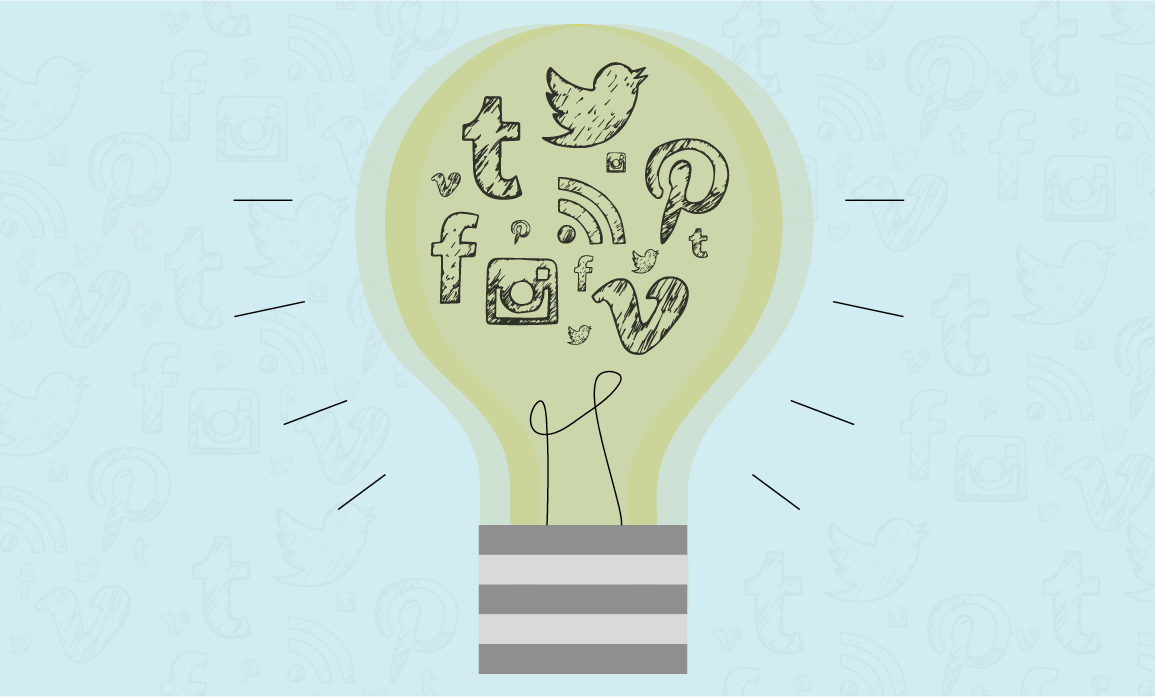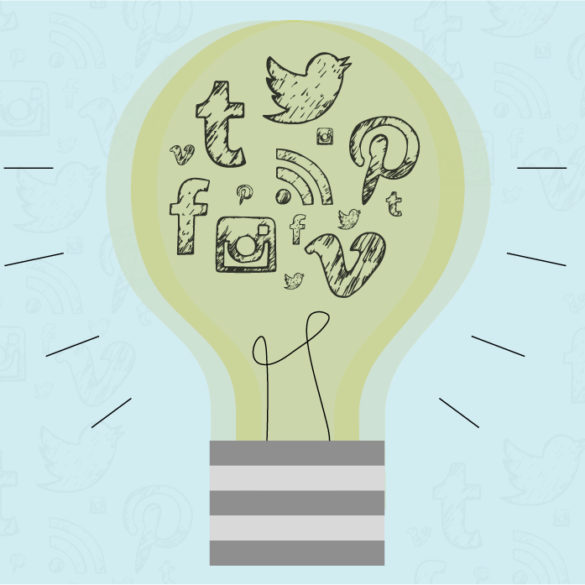Mackenzie McClain, a junior, decided telecommunications marketing was something she originally wanted to do before attending Ball State, but when she got there she had a change of heart. Mackenzie has always found marketing to be creative by the way it allow her to get into people’s heads.
Marketing to Millennials is something that’s heavily talked about on college campuses and in business. This is because of the huge impact Millennials, like Mackenzie, have on sales and marketing. Millennials collectively spend about $600 billion on retail sales each year, according to Accenture, a management consulting services company. Accenture predicts that by the year 2020, Millennial spending in the U.S. will grow to $1.4 trillion annually and represent 30 percent of total retail sales in the United States.
Millennials have the technology to order something online one day and have it sitting on their doorstep the next day. According to Accenture, only 28 percent of Millennials shop online. Mackenzie explained that since we are becoming more technologically sound, we could see a shift in these numbers in the near future. She emphasized that Millennials are still attracted to the feel, felt, found strategy.
Millennials aren’t going to buy something they see on a billboard while driving down I-69. Advertising and marketing to this specific group of people has changed due to technological advances. Billboard advertisements are used as reminder ads, a marketing strategy that is used primarily by established brands or as a follow-up to a more extensive ad campaign. These serve to remind the consumer about the product or service, or to introduce new life or a new theme into existing campaigns, according to MBASkool, an online platform for students and professionals to talk about business concepts.
Millennials express themselves through brands; they are defined by their interests and hobbies rather than their profession. Passion plays a major role in the way they express themselves. Seventy-nine percent define success as “doing what you are passionate about,” according to Barkley, an independent advertising agency. This generation compared to previous generations has everything at its fingertips, which results in various tools that allow Millennials to represent themselves differently than the generations before them.
Having an online or social media presence plays a large role in the decision making process for Mackenzie. When learning about a new product or becoming more familiar with a product, Mackenzie says she always turns to its website or accounts on Facebook or Twitter. If the product she’s looking for doesn’t have one of the two, she moves on. Marketers need to have a big online and social media presence. According to a study by the Mintel Group, more than four in 10 Millennials say they only want an email from a company or brand if it offers them something in return. Millennials don’t want to be bombarded with emails or text alerts telling them a certain company is offering a deal. Instead, Millennials are going to be restrictive when giving out their personal information. Furthermore, marketers need to be protective of the information this generation gives them. More than half of Millennials consider their mobile number too personal to share, while only 29 percent say the same for their email address. This generation of people put a lot of trust into the brands they buy, so they expect their information to be private. In doing so, they can create a strong and trusting relationship with that company or brand, and in return they are willing to be loyal customers and buy their products rather than someone else’s.
If retail sales were to grow like Accenture predicts them to, sales will be booming in the United States, and with those sales come experiences. Millennials typically aren’t looking for the best bang for their buck, but they are willing to spend extra if the product is worth the money. Russell Wahlers, an associate professor of marketing, said, Millennials will actually pay more for a product if they think they’re getting value. They’re a little less price sensitive and a little more value oriented. This generation is looking to have a positive experience buying a product that has good online reviews, complements their style, and makes them feel good about themselves after making a purchase.
This is the generation that will always be looking for the next new thing. Mackenzie says Millennials are attracted to tangible items; they always want stuff whether it’s a free water bottle with a logo on it or a sticker. This generation is able to find value in anything. Whether it’s on the internet, a social media forum, or in the store, Millennials will continuously try to find the best for themselves and for others.





